Researchers are investigating how virtual reality can cause a fear response, but what if it could cure those fears instead?
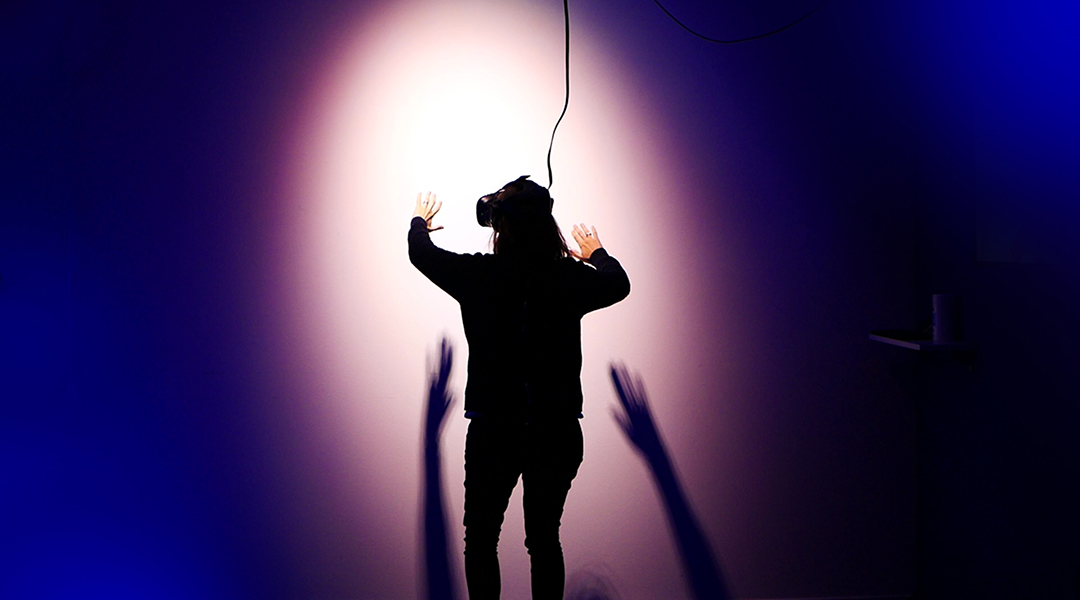

Researchers are investigating how virtual reality can cause a fear response, but what if it could cure those fears instead?
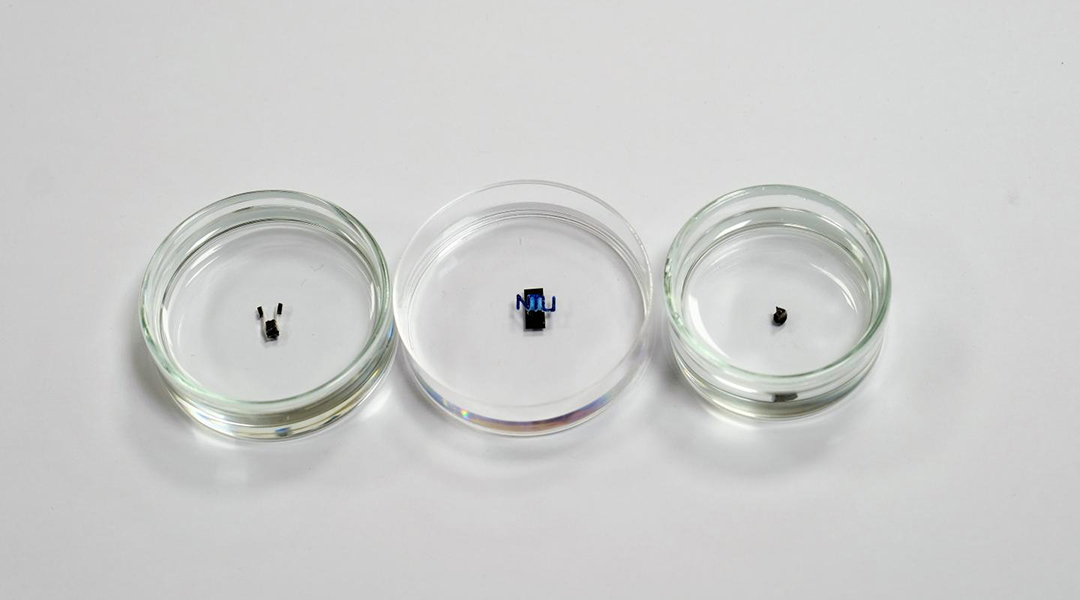
Researchers create swimming, moving, gripping miniature robots.
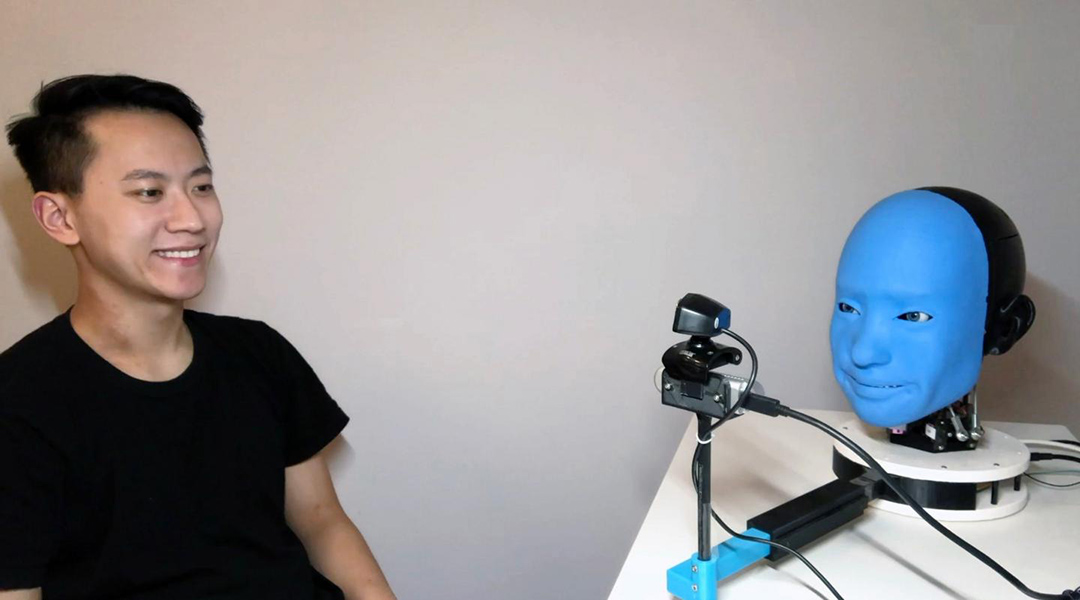
Researchers teach robots to make appropriate reactive human facial expressions, an ability that could build trust between humans and their robotic co-workers and care-givers.
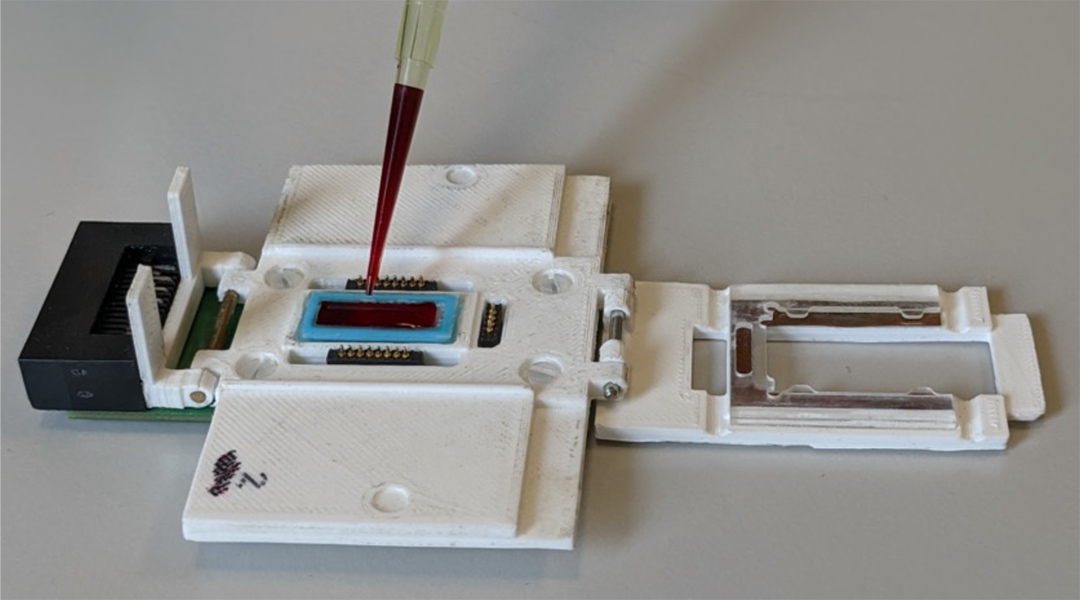
A new lab-on-chip technology enables the rapid and quantitative identification of malaria parasites in the blood for better and more accurate diagnosis in remote regions.

A new biochip can quickly evaluate anticancer drug toxicity and penetration across an advanced blood–brain barrier model.

A new drug-laden gel allows for better levels of uptake in both the blood and the brain.

With increasing heatwaves, wild animals’ ability to process and respond to environmental information may become compromised.

Researchers demonstrate the controlled growth of artificial synapses, paving the way for computers that can grow, evolve, and adapt like the human brain.
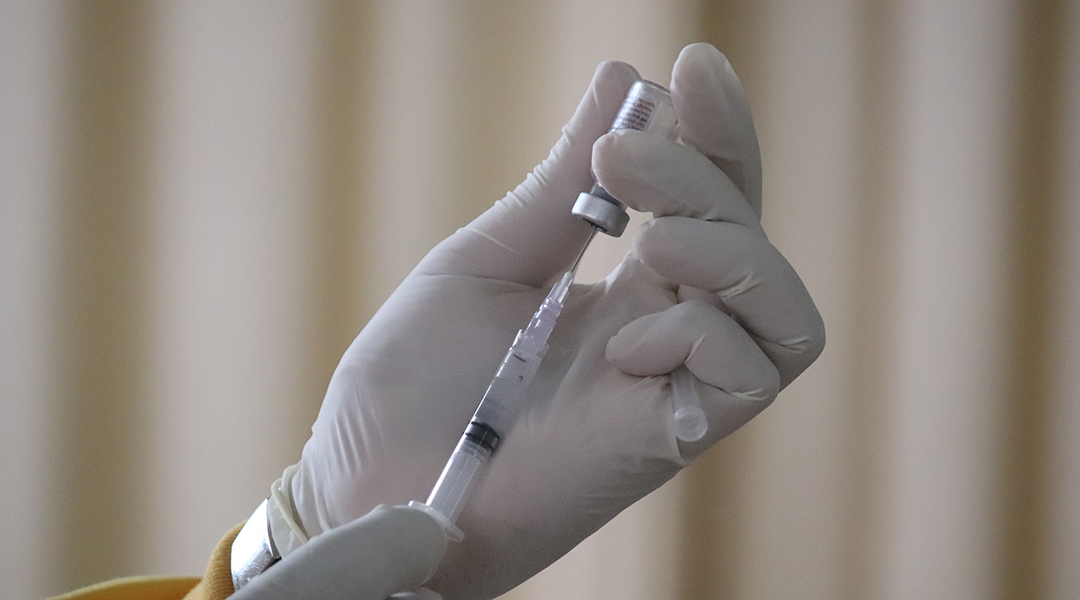
While numbers indicate that the risks of COVID-19 still outweigh potential vaccine side effects, the current pause in vaccine distribution demonstrate the system is working and the public is onboard.
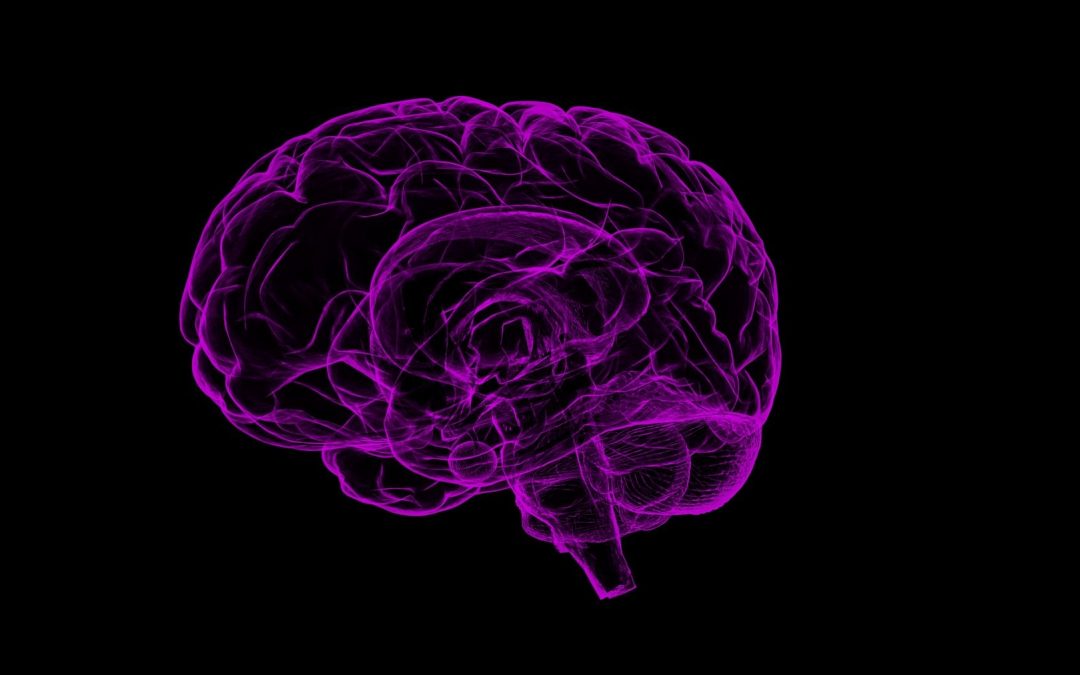
In this study, a drug to treat Parkinson’s disease is linked to a molecule that enables it to better penetrate the brain.